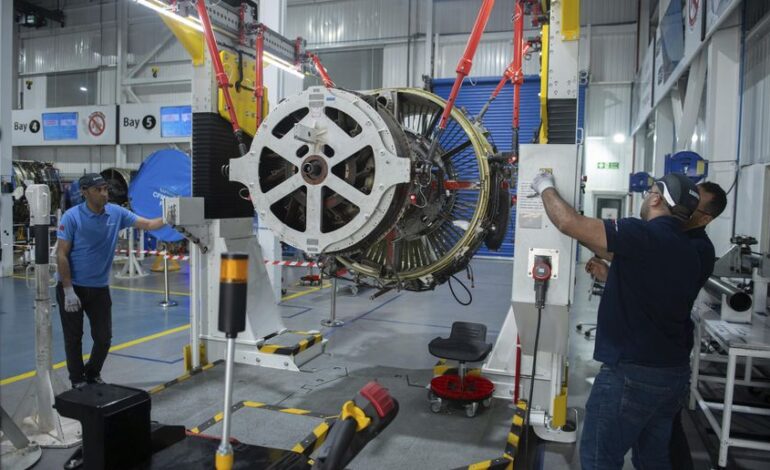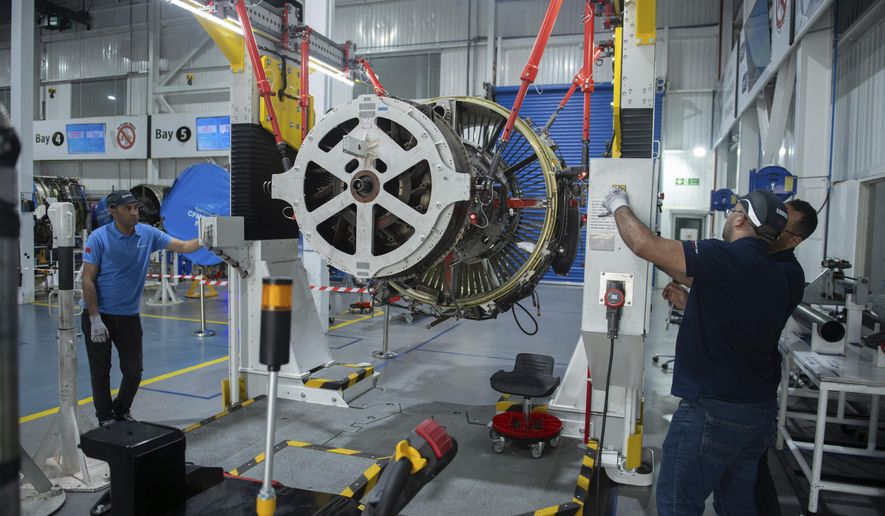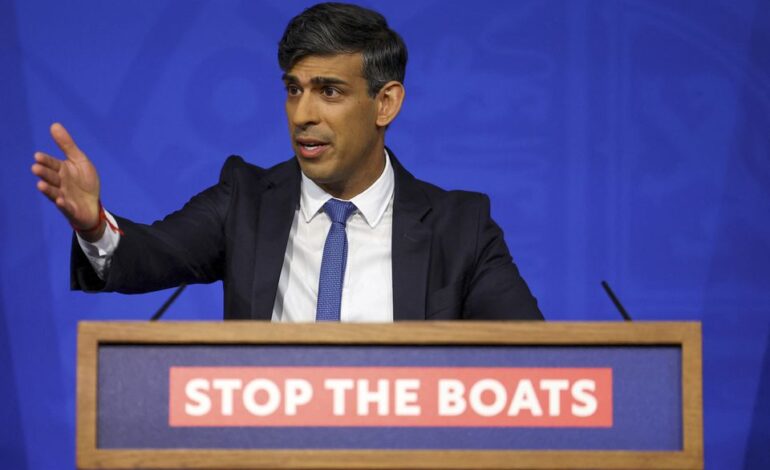
Faith Nyasuguta
In Morocco, a concerted effort is underway to bolster the nation’s $2 billion aerospace industry, a crucial component of a broader strategy to modernize the predominantly agricultural economy. This initiative involves providing subsidies to manufacturers of aircraft, trains, and automobiles, aiming to capitalize on the growing global demand for aerospace products.
Royal Air Maroc CEO Abdelhamid Addou emphasizes the current market opportunities and Morocco’s favorable positioning within the aeronautical sector. The state-owned airline, along with other carriers, stands to benefit from the expansion of the aerospace industry.
One prominent player in Morocco’s aerospace landscape is Safran Aircraft Engines, which operates a repair facility near Casablanca servicing Boeing 737s and Airbus 320s for airlines worldwide. With clients spanning from Brazil to Saudi Arabia, the United Kingdom, and Ireland, Safran exemplifies the international reach of Morocco’s aerospace sector.
Morocco hosts approximately 130 aerospace companies, manufacturing various components such as wings and fuselages. Notably, the industry boasts a significant female workforce, with women comprising 42% of its employees, surpassing the representation seen in European and North American counterparts.
While Morocco is often viewed as a destination for cost-effective labor, concerted efforts have been made to nurture skilled professionals through institutions like the Institute for Aeronautics Professions (IMA) in Casablanca. Minister for Transport and Logistics, Mohammed Abdeljalil, underscores the nation’s commitment to meeting investors’ demands for qualified human resources.
Safran CEO Jean-Paul Alary echoes this sentiment, emphasizing the pivotal role of well-trained talents in advancing the industry’s competitiveness. However, despite these efforts and optimistic projections, challenges loom on the horizon for the aviation sector.
The industry has grappled with disruptions stemming from the COVID-19 pandemic, which halted air travel and disrupted supply chains. Boeing, in particular, faced setbacks in production and delivery schedules, compounded by safety concerns following high-profile incidents.

Moreover, surging demand for air travel post-pandemic has strained manufacturers’ capacity to meet orders, prompting them to explore new production sites globally. This trend underscores the dynamic nature of the aerospace sector, as companies adapt to evolving market dynamics and seek optimal operational strategies.
Morocco’s aerospace industry represents a significant driver of economic diversification and industrial growth. With continued investment in skilled labor and infrastructure, coupled with strategic partnerships with global aerospace leaders, Morocco is poised to solidify its position as a key player in the international aerospace market.
RELATED:




